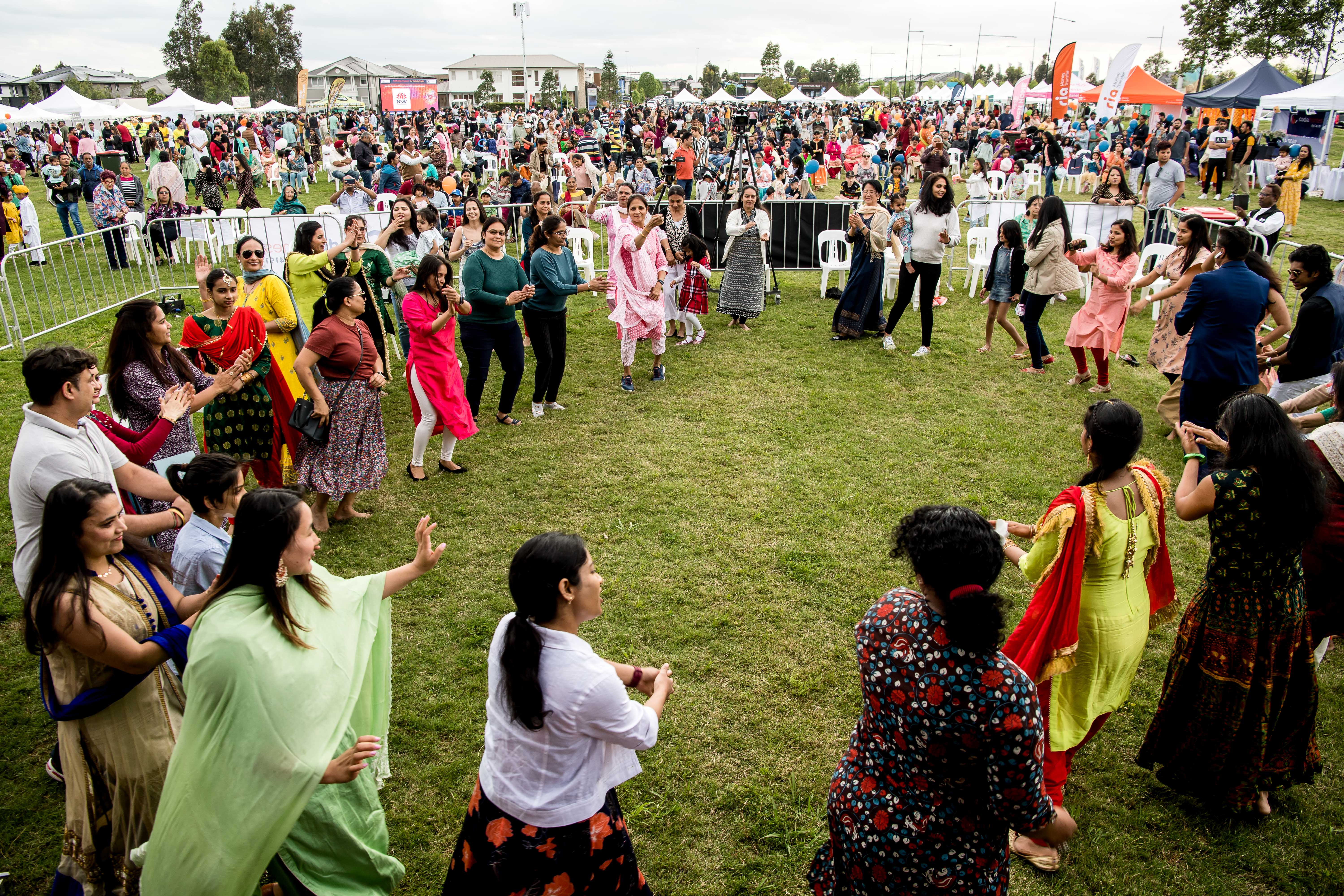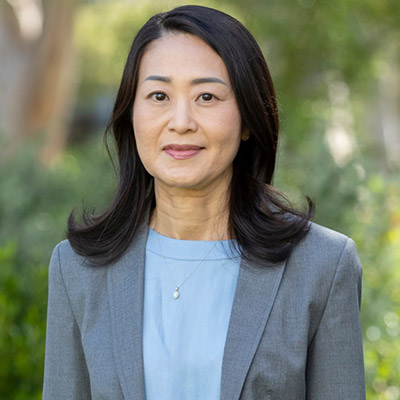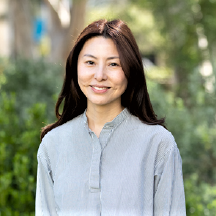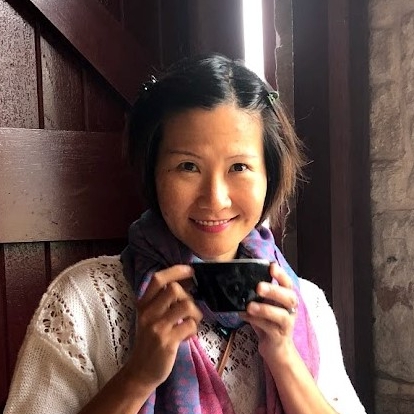
This study is a second iteration (Wave 2) of Sense of Belonging Among Multilingual Audiences in Australia (Wave 1), published in 2023. The core purpose is to understand the role of news media and media representation more generally in fostering social participation and a sense of belonging among multilingual communities.
The study adopted a multimodal and multilingual methodology, and was conducted in seven languages: Arabic, Cantonese, Italian, Mandarin, Punjabi, Vietnamese, and English. Punjabi was added in Wave 2. Respondents from these language communities could respond in the language of their choice. In Wave 2, we also compared key indicators with the general population.
Among different aspects that make people feel they belong, multilingual audiences are more likely to feel at home in Australia but have less confidence about making an impact on society. We found that the general population is experiencing a lower sense of belonging compared to the multilingual population in Australia.
The research uncovers other drivers to belonging, including age and residency status, in addition to English language confidence and length of stay in Australia which were revealed as important factors. We found that age and residency status in Australia are significant drivers that foster a sense of belonging. Multilingual communities with Australian citizenship feel more at home in Australia and are more likely to experience a sense of membership within their community than permanent or temporary residents. Older Australians are more likely to feel at home.
Funding
This research was conducted in collaboration with SBS.

- There is a perceived weak influence over Australian society, despite strong feelings of community membership and having needs met: Respondents felt most at home and that they have their needs met within the broader Australian society but perceived significantly less influence over it.
- There are differences in the sense of belonging by residential status: The vast majority of Australian citizens feel at home in Australia, while just over half of temporary residents do so.
- Collective efficacy fosters a sense of belonging: Those who believe their cultural/language community can impact Australian society report significantly stronger feelings of societal care and influence.
- Civic participation among multilingual audiences is widespread but uneven: Nearly two-thirds (63%) of respondents had engaged in at least one civic participation activity. Mandarin and Punjabi speakers reported the highest participation rates (70%), while Cantonese speakers reported the lowest (49%).
- Collective efficacy is related to civic participation: Those with stronger views, either positive or negative, about their community’s collective efficacy are more likely to engage in civic participation activities.
- Inclusive news representation fosters a sense of belonging: Those who feel their cultural/language community is fairly and adequately represented in the news are nearly twice as likely to perceive influence over Australian society.
- Multilingual audiences want more media content in general in their own language: Content needs in language is high across all language communities despite different levels of confidence in English.

Rebecca Griffiths
Rebecca Griffiths
Rebecca Griffiths is the Audience Research Lead at SBS, helping internal and external stakeholders understand audiences and the drivers behind their behaviours. With more than 20 years’ experience in market research, Rebecca’s focus at SBS is on multicultural research. She leads quantitative and qualitative research, driving strategic business decisions and telling compelling stories.

Sora Park
Sora Park
Sora Park is a Professor of Communication, and Director of the News & Media Research Centre, University of Canberra. Her research focuses on digital media users, media markets and media policy. She leads the Digital News Report: Australia and the Australian Research Council Linkage Project ‘Heartbeat of Australia: Tracking, Understanding and Engaging News Audiences’.

Alexander Donoghue
Alexander Donoghue
Alexander Donoghue is an Audience Research Manager at SBS, leading nationally representative research projects that help SBS understand how Australians engage with media, brands, and content. Bringing experience across audience research, creative writing and literary analysis, since joining SBS in 2022, Alexander has focused on in-depth studies of audience behaviours and cultural trends.

Jee Young Lee
Jee Young Lee
Jee Young Lee is a senior lecturer at the News & Media Research Centre, University of Canberra. Her research expertise lies in media audience analysis, with a particular focus on news consumption, digital participation, media literacy and digital citizenship. She is a co-investigator on the Australian Research Council Linkage Project ‘Heartbeat of Australia: Tracking, Understanding and Engaging News Audiences’ and a co-author of the Digital News Report: Australia.

Thu Nguyen
Thu Nguyen
Thu Nguyen is the Multilingual Research Manager, with SBS’s Audience Data & Insights team. Born in Vietnam, Thu has called Australia home for 15 years. She has almost 20 years’ experience dedicated to market research and data analytics. She joined SBS in 2022 in a role focused on connecting the business with culturally and linguistically diverse audiences in Australia through research and insights.

Momoko Fujita
Momoko Fujita
Momoko Fujita is a Senior Lecturer in Communications and Media and a member of the News and Media Research Centre at the University of Canberra. Her research focuses on the positive and negative impacts of emerging digital media and information communication technology on audience behaviour and wellbeing. She is a co-author of the Digital News Report: Australia.

Hugh Zhao
Hugh Zhao
Hugh Zhao is an expert data analyst with over five years of experience in market research. Born in Australia to Cantonese-speaking migrant parents, he joined SBS in 2024. He is dedicated to leveraging complex data to generate meaningful insights into audience behaviour.

William Lukamto
William Lukamto
William Lukamto is a quantitative researcher at the University of Canberra’s News & Media Research Centre. He analyses large-scale surveys on trust in news and citizenship, using Python, SPSS and Power BI to translate data into insights. A PhD candidate at the University of Melbourne, he studies censorship and self-censorship in soft-authoritarian contexts.
Griffiths, R., Park, S., Donoghue, A., Lee, J., Nguyen, T. Fujita, M., Zhao, H. & Lukamto, W. (2025). Sense of Belonging among Multilingual Audiences in Australia 2025. SBS and News & Media Research Centre, University of Canberra. 10.60836/91tb-6829

Get in touch to find out more about the Sense of Belonging and Media Representation among Multilingual Audiences in Australia report.

